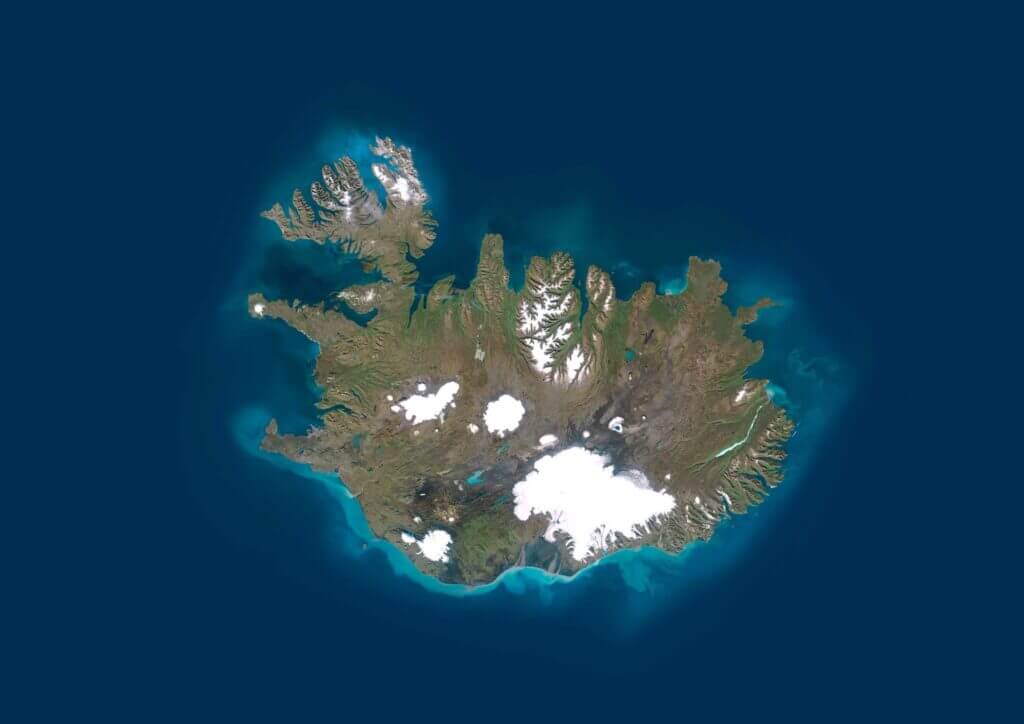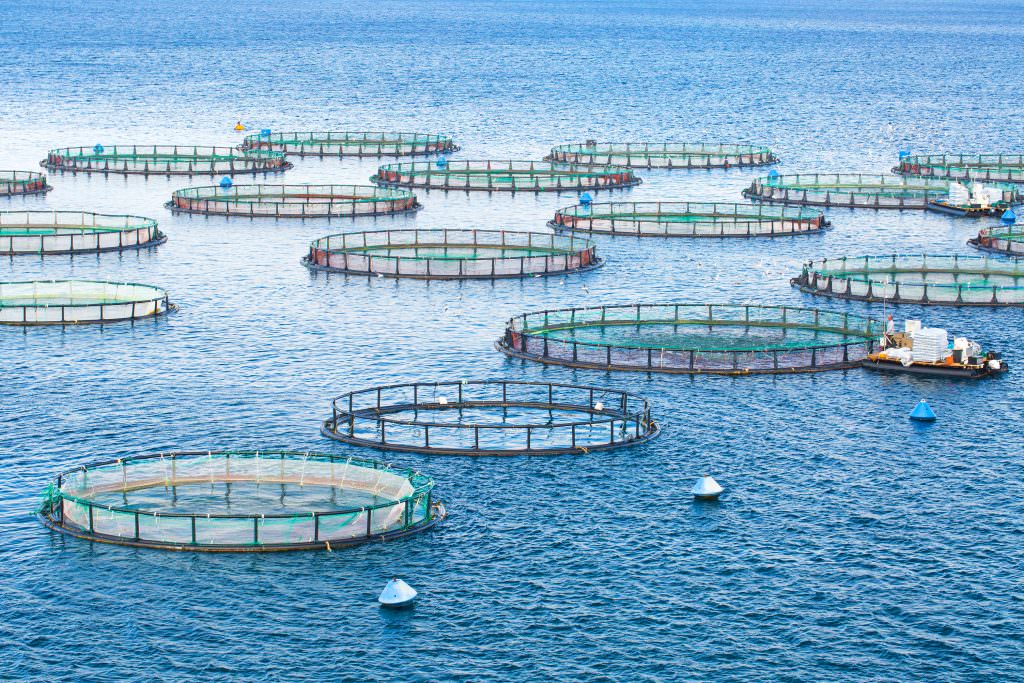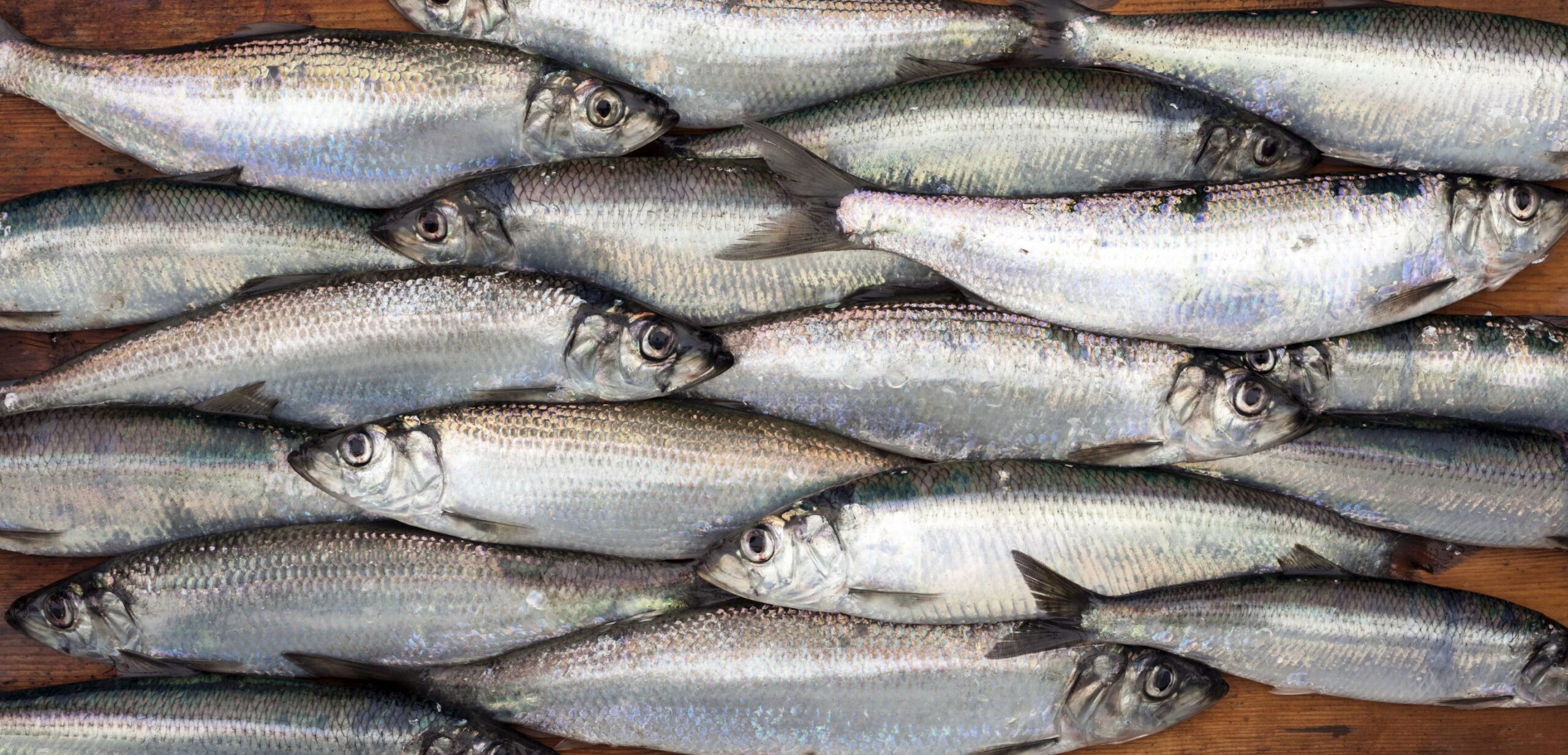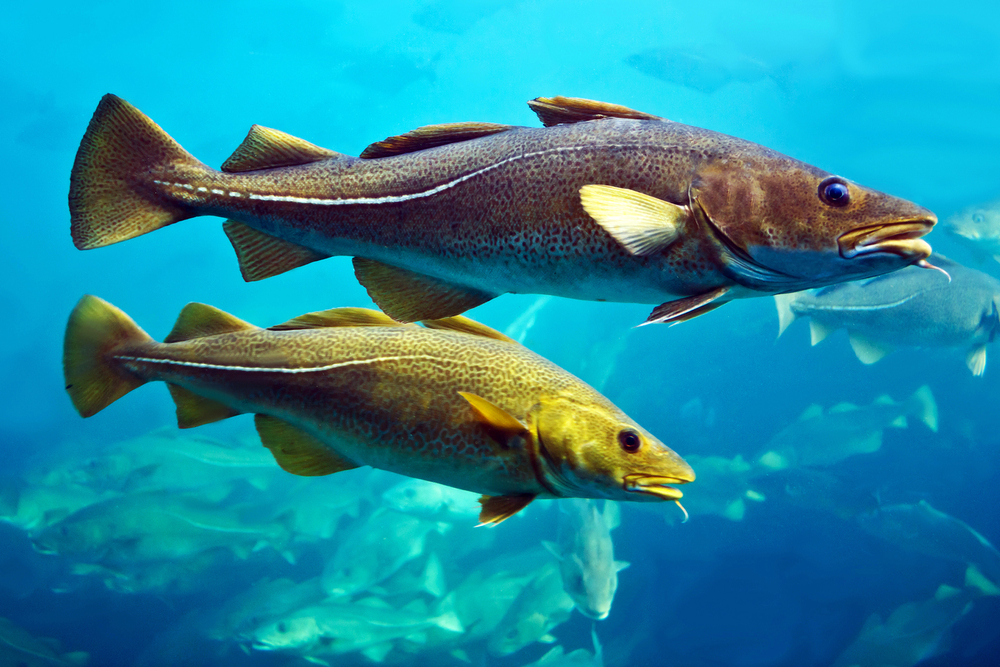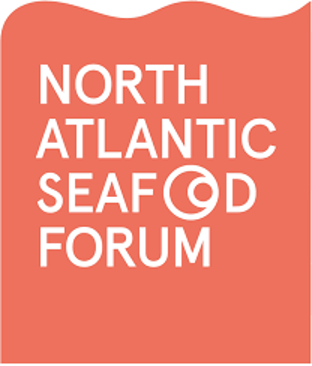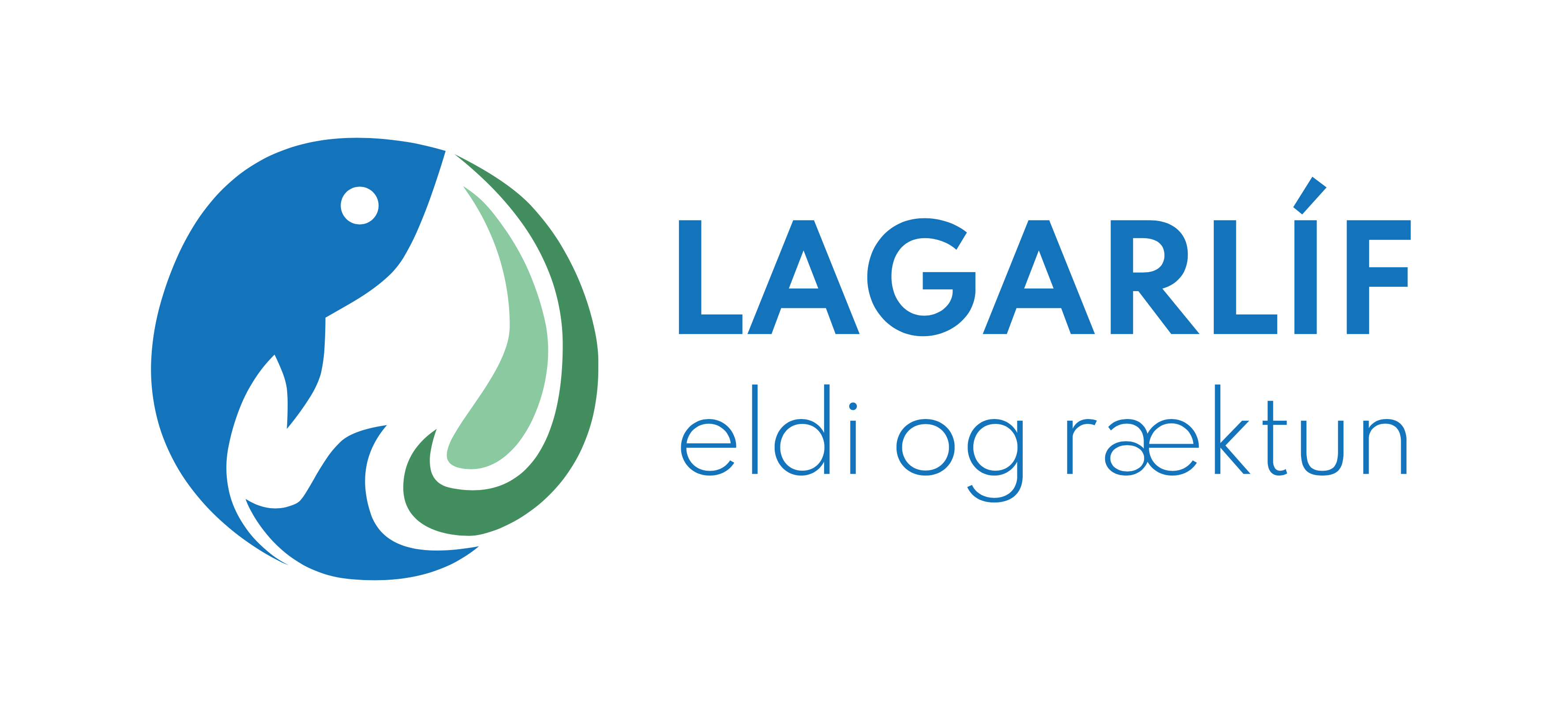Innovation and added value in food production throughout the country
Um þessar mundir fer fram fundaröð í kjölfar ársfundar Matís til þess að gefa frekari innsýn í starfsemi fyrirtækisins sem […]
Innovation and added value in food production throughout the country Nánar »
